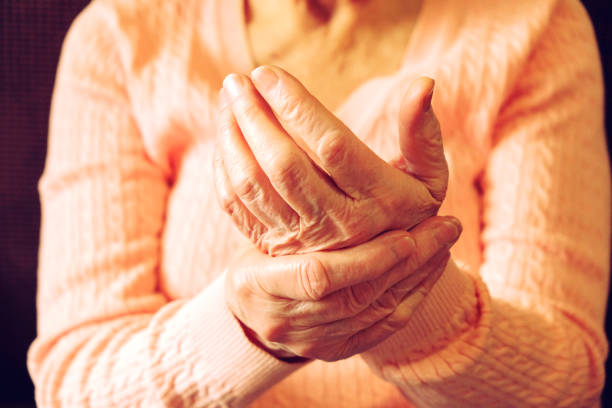By William A. Baruwa
In line with prevailing data, Americans these days live longer than they used to; recent research findings also show that still, the average American woman outlives her men counterparts. While the average life expectancy for the American man is currently put at around 75 years, it is more than 80 for the women.
But the reason for this according to researchers is still not very clear. Even from birth boys run a higher risk of dying than girls, and researchers aren’t sure why. However, research suggests that a leading reason for the “longevity gap” between men and women is that men don’t take care of themselves as well as women do. For instance, studies have found that women are much more likely to have a regular healthcare provider, and to see their provider within the course of the year, than men are. Men are also more likely to engage in “risky” behaviours – like smoking and drinking heavily – than women.
Expert opinion is that if men take better care of themselves, they can increase their chances of living healthier, and for longer years.
Guidelines for Men
- Regularly visit your healthcare provider. Even if you feel perfectly well, you should see your doctor at least once a year for a check-up.
- If you feel sick see your doctor. Studies show that men are less likely than women to see a healthcare provider when they feel sick. As one study shows, 40% of men said that, if they felt unwell, they would delay medical attention for a few days. Seventeen per cent said they would wait “at least a
week.” Prompt medical care can make a big difference – sometimes it’s the difference between life and death. Do not delay. - Follow instructions in taking medications, vitamins, and supplements. When you visit your provider, bring either all of the pills you take, or a complete list of these that notes the doses you take, and how often you take them. Include medicines, vitamins, herbs and supplements (even those you buy in the store without a prescription). Why? Because the longer you live, and the more medicines you take, the more likely you are to experience some side effects, even from medicines bought over-the-
counter at the pharmacy. - Reduce your risk of falls and fractures. Be sure to get plenty of bone- healthy calcium and vitamin D daily. Aim for 1500 mg of calcium daily. Talk to your healthcare provider about how much vitamin D you need. Do weight-bearing, bone-building exercises such as walking and jogging. Weightlifting and other strength training exercises are also good for your bones.
- Do not smoke; stop if you already do. Tell your healthcare provider if you smoke; he or she can help you stop.
- Take wholesome diet. In later life, you still need to eat healthy foods, though you need fewer calories.
- Put your brain to work. Ensure you keep reading and engage in healthy discussions. Play indoor games e.g., word puzzles, number puzzles, jigsaw puzzles – whatever interests you. Task your brain by trying new things, and playing against the clock rather than just repeating the same exercises over and over again.
- Exercise regularly. Regular exercise is important for good health, no matter how old you are. Along with a healthy diet, exercise helps you reach and maintain a healthy weight. Also, your healthcare provider can help you come up with an exercise programme that’s right for you.
- Drink in moderation only. Check with your healthcare provider to make sure that drinking alcohol—in light to moderate amounts—is alright for you.
- Associate with people. Spending time and doing things with other people, of all ages, can help keep you mentally, physically and emotionally fit. It can also give your brain a boost and lift your mood. So volunteer, or join community or other groups and get involved in activities you enjoy.
- Do your check-ups. Screening, or checking, for early signs of particular health issues can aid in their early diagnosis. The under listed screening methods are usually recommended for older men; ask your healthcare provider if they are really okay for you.
- Bone health evaluation
- Blood pressure check: At least once a year.
- Cholesterol
- Diabetes check: At least once
- Screenings for prostate cancer and colorectal cancer:
- Hearing and vision screening: every year.
- Depression screening: every year.
- Abdominal aortic aneurysm screening: once between the ages of 65 and 75 if you’ve ever smoked.
- Dental check-up: As often as your dentist recommends
- Sexually transmitted disease screening: If you are sexually active but not in a monogamous relationship
- Discussion about sexual concerns: erectile dysfunction (ED
Other screening tests: As recommended by your healthcare provider.





